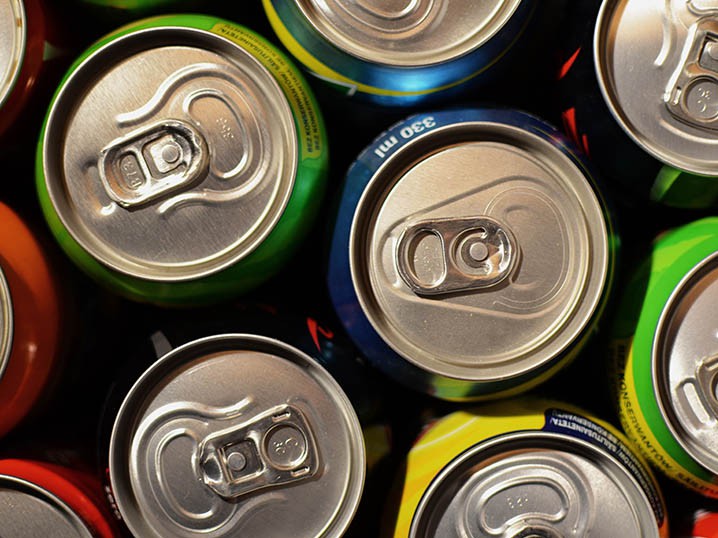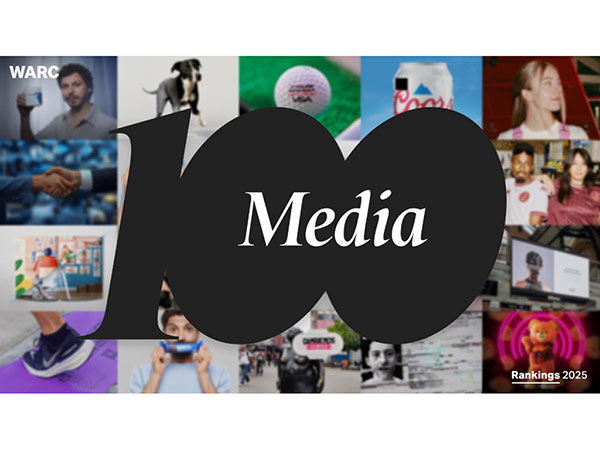News - Advertising
A taxing time for the advertising industry
by Iain Akerman
November 15, 2017

If ever there was a subject nobody wished to discuss, it’s the UAE’s new excise tax.
Launched on 1 October, the tax amounts to a 50 per cent levy on soda drinks and a 100 per cent levy on energy drinks and tobacco products. It’s a move that follows Saudi Arabia’s introduction of a similar tax earlier this year.
For those companies affected, it’s a hugely significant development. “I think we’ll see the sales of drinks decline dramatically,” Colin Beaton, managing director of Limelight Creative Services, a retail strategy agency, told Gulf News prior to the tax’s implementation. PepsiCo CEO Indra Nooyi has also stated she believes taxes on sugary drinks to be ‘discriminatory’.
In an environment where the economies of the wider GCC are struggling and VAT is to be introduced in the UAE on 1 January, the potential loss of sales only compounds the situation for those companies affected by the tax.
The UAE’s goals, however, are twofold: to generate revenue for the government in a time of economic concern; and to improve public health.
The UAE notoriously has one of the highest rates of diabetes in the world. Indeed, statistics relating to health in the UAE are frightening. Obesity levels are double that of the world average, with the World Health Organisation revealing that 66 per cent of men and 60 per cent of women in the country are either overweight or obese. Viktor Hediger, the Dubai director of McKinsey & Company, has previously referred to the country’s obesity rate as a ‘national crisis’ and a ‘ticking time bomb’.
Amongst those companies affected by the new tax are The Coca-Cola Company and PepsiCo, two of the biggest advertisers in the region, and Red Bull, one of the greatest exponents of experiential marketing. None of them would provide comment for this article.
“None of the drinks companies will talk. It’s too sensitive,” said one industry insider.
Indeed, it’s a contentious issue. Is taxation the answer to combatting obesity and the overconsumption of sugary drinks? Should the advertising of sugary drinks be restricted to help fight obesity? Should the producers of such drinks be acting more responsibly? All are reasonable questions to ask when you consider that the average person in Saudi Arabia consumes 89 litres of soft drinks every year.
“People will initially buy less and obviously it’s a nice little bit of income for the government,” said the industry insider, “but in terms of ultimate wellbeing – which they are arguing for – I think an opportunity was missed for the drinks industry to be told by the government, ‘look, we won’t tax you if you reduce the amount of sugar in your products’. Both Coke and Pepsi bottle here, so they could have easily amended the ingredient make-up of the drinks if they wanted to.
“So, instead of these products being made healthier, they have just been made more expensive.”
What has been less talked about is the impact of the new excise tax on agencies. With sales of soda and energy drinks in particular predicted to drop, marketing budgets are being cut and strategies altered for 2018. The knock-on effect for agencies working with clients that operate in the affected fields will therefore be immediate.
Is it a coincidence, for example, that some agencies laid off staff just prior to – or after – the tax’s implementation? How will overall advertising spend across the GCC be affected? And how much client cost-cutting will be passed down to agencies?
Only when adspend figures for the final quarter are released and the industry begins to talk openly will we get any answers.














